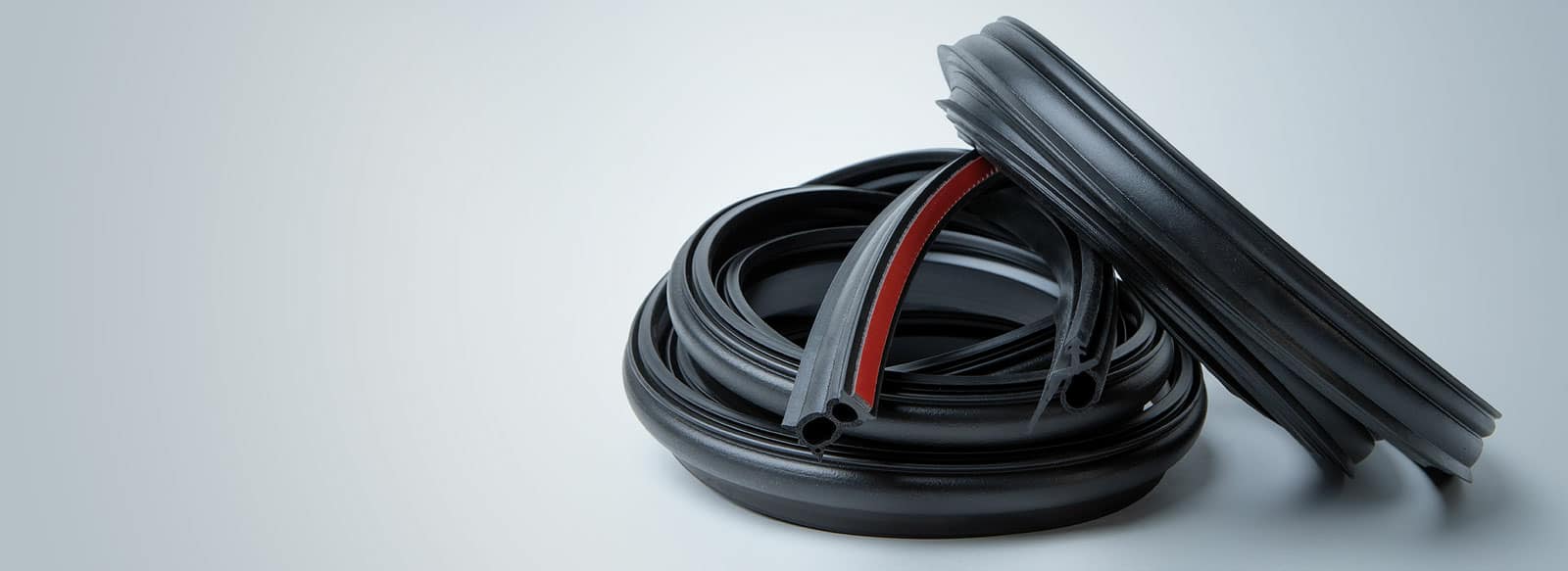








Industrial seals and gaskets play a crucial role in maintaining the integrity of machinery and equipment across various industries. They are used to prevent leaks, contamination, and the ingress of foreign particles into sensitive components. Here’s a breakdown of their importance and types:
- Seals: Seals are used to block the passage of fluids or gases between two mating surfaces. They are often made from materials such as rubber, silicone, metal, or composite materials. Seals can be static, meaning they remain in a fixed position, or dynamic, where they experience movement due to pressure or temperature changes.
- O-rings: These are one of the most common types of seals and are used in a wide range of applications due to their simple design and effectiveness. They are circular in shape and create a seal by being compressed between two surfaces.
- Lip seals: Also known as oil seals, these seals are used to prevent the leakage of lubricants in rotating shafts. They typically consist of a flexible lip that contacts the shaft surface to create a barrier.
- Gaskets: Gaskets are used to seal the junction between two surfaces, such as flanges in piping systems or engine components. They come in various shapes and materials, including rubber, cork, paper, and metal. The choice of gasket material depends on factors such as temperature, pressure, and the chemical properties of the substances being sealed.
- Applications:
- Automotive: Seals and gaskets are used extensively in automotive engines, transmissions, and other components to prevent leaks of oil, coolant, and other fluids.
- Manufacturing: In manufacturing processes, seals and gaskets are critical for maintaining the integrity of hydraulic and pneumatic systems, preventing leaks that could lead to equipment failure or product contamination.
- Aerospace: Aerospace applications demand high-performance seals and gaskets to withstand extreme temperatures, pressures, and environmental conditions.
- Oil and Gas: Seals and gaskets are essential for sealing pipelines, valves, and other equipment in the oil and gas industry, where leakage can lead to environmental hazards and safety risks.
- Food and Beverage: Hygienic seals are crucial in the food and beverage industry to prevent contamination and ensure product quality and safety.
- Material Selection:
- The choice of material depends on factors such as temperature, pressure, chemical compatibility, and application-specific requirements.
- Common materials include rubber (e.g., nitrile, silicone, EPDM), PTFE (Teflon), metal (e.g., stainless steel), and composite materials.
- Importance:
- Seals and gaskets play a critical role in preventing leaks, which can lead to equipment damage, production downtime, safety hazards, and environmental pollution.
- Proper selection and maintenance of seals and gaskets are essential for ensuring the efficient operation and longevity of industrial equipment.
Industrial seals are essential components in various industries, providing sealing solutions to prevent leaks and ensure the reliable operation of machinery and equipment.

